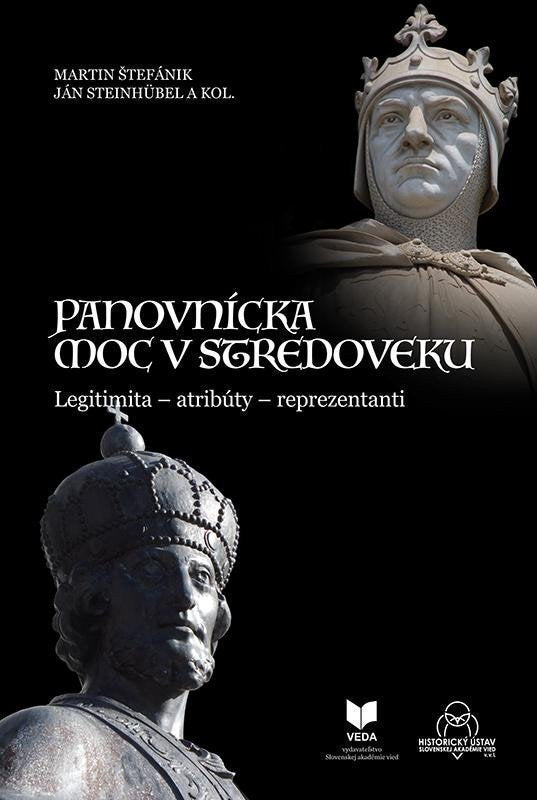Beschreibung
Monarchical power in the Middle Ages. Legitimacy – attributes – representatives The order of society in the Middle Ages was ensured by the monarch (lord, prince, king) with the help of his supporters, originally a retinue of warriors, from which a privileged noble class evolved that participated in power. Great Moravia was not yet a fully developed medieval state, but it already possessed its basic attributes. The complete monarchical power, modeled after the German example, was established with the help of a thoroughly conceived ecclesiastical organization and Christianization by the founder of the Kingdom of Hungary, Stephen I. The vicissitudes of the development and practical application of monarchical power can be traced through several characteristic parameters: ownership of castles, organization of the army, and royal properties and revenues. From the 13th century, the patrimonial Hungarian state gradually began to transform into an elected estates monarchy. The monarch sought to secure the support of the magnates through extensive donations and the granting of offices, who increasingly represented a threat to him. At the same time, his property was diminishing. The ability to navigate between diverse interests required a talented, charismatic, and simultaneously pragmatically thinking personality. Capable monarchs were able to...
Information
Author: Štefánik Martin
Publication date: 1. Januar 2022
Manufacturer: Centrum spoločných činností SAV, v.v.i., org zložka VEDA, vydavateľstvo SAV
Genres: Books, Foreign language books, Slovak literature
Type: Hardcover books
Pages: 384
ISBN/EAN: 9788022419765

